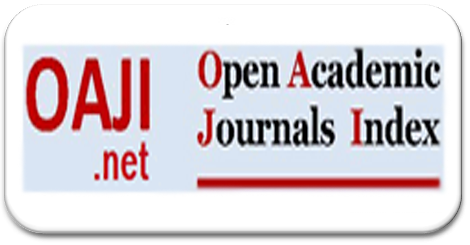Membangun Hubungan antar Agama Mewujudkan Dialog dan Kerjasama
Abstract
Every religion has its own uniqueness, that distinguish between one religion to another religion. However, the religions have many similarities as well as the great potential that can be developed to build the state and nation. Religious pluralism, in essence, contains the potential of the conflict, as well as containing the potential to build cooperative relationships. It lies the importance of religious life arrangement within a community or country. The dialogue is an important part in problem solving, and is deemed able to solve various problems of religious life, as long as the dialogue participants were able to show the attitude of tolerance and mutual respect.
Keywords
Full Text:
PDFReferences
A.Mukti Ali, Ilmu Perbandingan Agama, Jakarta, INIS, 1992.
Banawiratma, Pluralisme, Konflik dan Dialog, Yogyaskarta, Interfidei, 1999.
Djam’nnuri, Dialog Antar Agama, Esensia, Thn 2001.
Franklin Dukes, Resolving Public Conflict, Manchester University Press, 1996.
Lewis, A.Coser, The Function of Social Conflict, New York, 1959.
Nurcholish Majid, Beberapa Renungan tentang Kehidupan Keagamaan untuk Generasi mendatang, Ulumul Quran.
Paul Knitter, Interrligious Dialogue and The Unity of Humanity.
Syafa’atun Elmirzana, Pluralisme, Konflik dan Dialog, Esensia, Thn 2001.
DOI: http://dx.doi.org/10.22373/substantia.v13i1.4814
Refbacks
- There are currently no refbacks.
Copyright (c) 2011 Taslim HM Yasin

This work is licensed under a Creative Commons Attribution-NonCommercial 4.0 International License.
SUBSTANTIA: JURNAL ILMU-ILMU USHULUDDIN
DITERBIKAN OLEH:
FAKULTAS USHULUDDIN DAN FILSAFAT
UNIVERSITAS ISLAM NEGERI (UIN) AR-RANIRY BANDA ACEH, ACEH INDONESIA
ALAMAT REDAKSI:
Gedung Fakultas Ushuluddin Lantai II, Fakultas Ushuluddin, UIN Ar-Raniry, Jln. Lingkar Kampus, Kopelma Darussalam Banda Aceh, Aceh 23111.Telp. (0651)7551295. eMail: substantia.adm@gmail.com

This work is licensed under a Creative Commons Attribution-NonCommercial 4.0 International License.


.png)




















